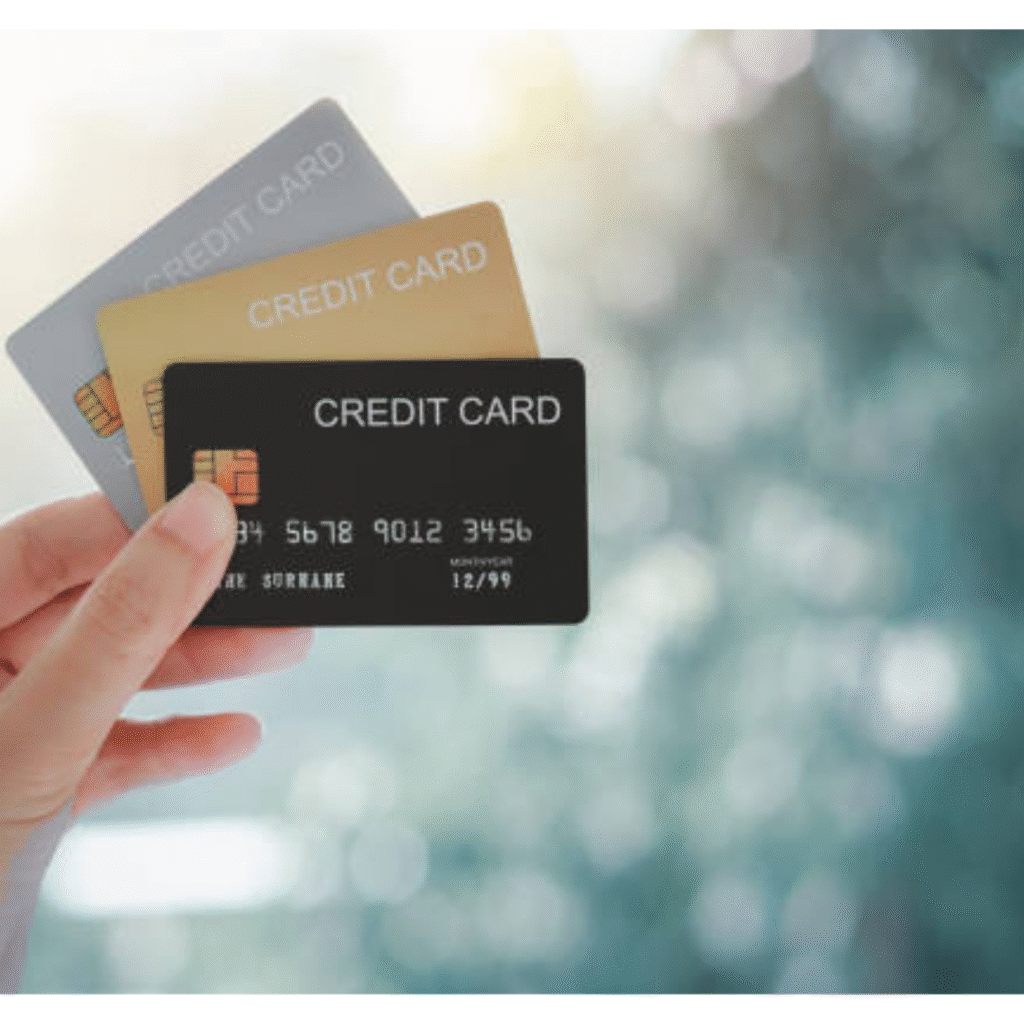I Paid My Bills On Time and Never Paid Interest—Why I Quit Credit Cards Anyway
Discover why a responsible "credit card" user—who always paid bills on time and never carried a balance—decided to quit credit cards. Learn about hidden pitfalls, psychological traps, and alternatives for smarter financial health in this in-depth analysis.
I Paid My Bills On Time and Never Paid Interest—Why I Quit Credit Cards Anyway
For years, I wore my credit card habits as a badge of honor. I always paid my bills on time, never carrying a balance or paying even a dime in interest. Friends called it “hacking the system.” So why, after a decade of financial discipline, did I decide to cut my credit cards out of my life? If you think credit cards are only risky for those who can’t manage money, this article may surprise you.
The “Responsible User” Myth
Most financial advice assumes credit cards become dangerous only when users are careless or uninformed. I followed every rule:
Paid balances in full before the due date
Never spent beyond my means
Collected points and cashback
Yet over time, I realized that the risks of using credit cards aren’t limited to poor financial habits.
Subtle Psychological Traps
Even responsible users are vulnerable to subtle psychological nudges engineered by credit card companies:
Decoupled Spending: Swiping a card feels easy compared to the tangible act of handing over cash. Studies show that credit cards reduce the “pain of paying,” leading most people—even those who pay on time—to spend 12-18% more on average.
Reward Chasing: Loyalty programs encourage extra spending, not saving.
I noticed I’d justify unnecessary purchases to “hit the bonus” or maximize cashback categories.
Lifestyle Creep: As my credit limit increased, so did my sense of comfort with larger purchases. Over time, my spending nudged upward, even if I technically stayed “within my means.”
The Cost of Complexity
Credit cards add an unnecessary layer of complexity to money management:
Tracking multiple due dates and reward programs takes time and energy.
One mistake (like a missed payment or a forgotten annual fee) could cost hundreds in penalties or hurt my credit score.
Special financing offers and promotional balance transfers create a false sense of flexibility, which can tempt even disciplined users into risky behaviors.
The Illusion of Free Rewards
Yes, credit cards provide cashback, travel points, and “free” perks, but those rewards are rarely without strings attached.
Cashback often amounts to less than the extra money I spent to earn it.
Travel points can be devalued, expire, or require spending on things I don’t actually need.
Annual fees sometimes outweigh the value of rewards—especially when my life circumstances or spending patterns changed.
Security and Privacy Concerns
Despite robust protections, credit cards bring unique risks:
Fraud: Credit cards are major targets for cybercriminals. Dealing with fraudulent charges is a hassle—even when my liability is limited.
Data Tracking: Credit card companies and third-party partners track purchase behavior, sometimes selling it to advertisers or using it to target offers.
A Shift Toward Intentional Spending
Giving up credit cards wasn’t about losing convenience—it was about regaining control and intentionality.
I switched to debit cards and mobile wallets linked directly to my checking account. Transactions immediately update my balance, making overspending almost impossible.
I started using a zero-based budget, planning every rupee before the month began.
For large purchases, I used planned sinking funds instead of relying on credit.
Life Without Credit Cards
What changed when I quit credit cards?
I simplified my finances. With only one or two accounts to monitor, tracking spending and staying organized took less time.
I became more conscious of every swipe. Paying in cash or debit made every transaction feel real, helping curb unnecessary purchases.
I found peace of mind—no more worrying about fraud, rising rates, or terms and conditions buried in the fine print.
But What About Credit Scores?
One of the common fears is that quitting credit cards will hurt your score. Here’s what I found:
My credit score dipped slightly after closing my oldest card. But I maintained a strong score through on-time payments on other accounts (like my mortgage and utilities).
With a solid credit history and no new debt, lenders still considered me low risk.
For those concerned about building or maintaining credit, small recurring bills (like your phone) can be paid through alternative methods and reported to the bureaus.
Alternative Ways to Build Credit
If building credit is a concern, consider these options:
Secured Loans: A small, secured loan (with cash as collateral) can establish or boost your credit score.
Experian Boost or CIBIL Score Enhancers: Some services let you report utility or streaming payments.
Auto and Personal Loans: Making timely payments on these loans shows responsible borrowing, without requiring a credit card.
Final Thoughts: Is Quitting For Everyone?
Credit cards will always have their place—especially for frequent travelers, business owners, or anyone in need of short-term liquidity. But if you’re seeking simplicity, intentionality, and true freedom from the consumer cycle, don’t be afraid to step off the plastic treadmill.
